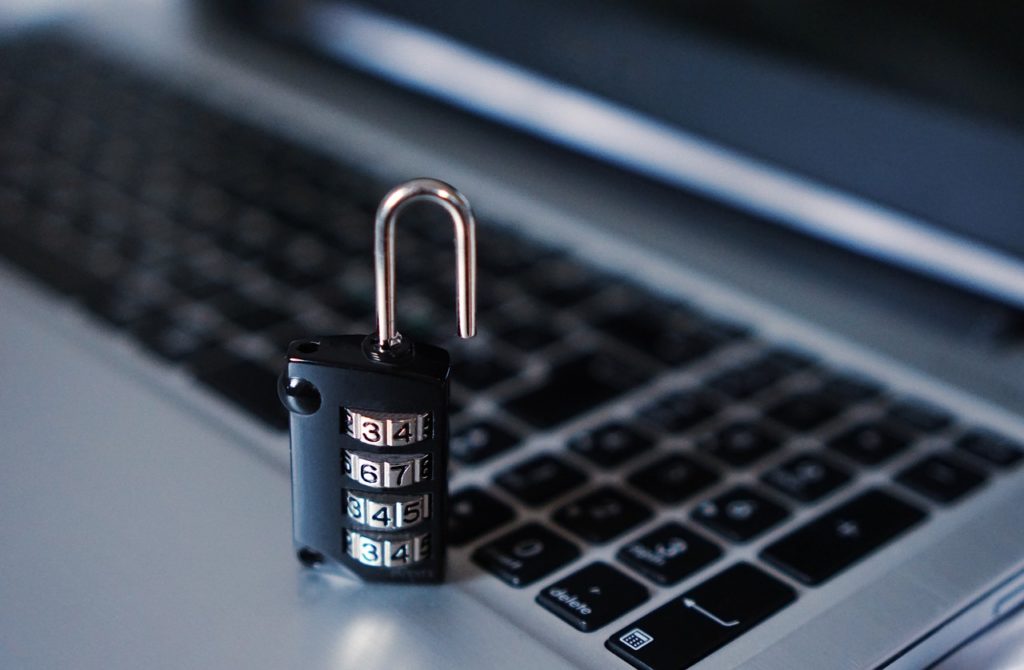On its latest “Internet Organized Crime Threat Assessment” (IOCTA) report, Europol identified digital wallets, open markets, and decentralized cryptocurrencies focused on privacy as this year’s “main threats”.
These systems would represent a risk, according to Europol, given their anonymity and easy access. Privacy methods such as CoinJoin and mixers offer a significant improvement in this sense for their users’ transactions, which would facilitate illicit business and money laundering.
Likewise, some decentralized markets aimed at private and unrestricted commerce have been included in the threats by Europol. The document points out that “criminals have started to use other privacy-focused, decentralized marketplace platforms, such as OpenBazaar and Particl.io to sell their illegal goods”.
In addition to its first conclusion, the report also stated that Darknet’s number one payment method is still Bitcoin (BTC), “mainly due to its wide adoption, reputation and ease of use”. Although it’s been claimed that Monero (XMR) is dethroning its reign, because of its effective privacy. Zcash (ZEC) and DASH cryptocurrencies were also labeled as threats to police investigations.
On the other hand, Europol also admitted that the insider actors in the cryptocurrencyA digital currency running on a blockchain and built with cryptography. Contrary to central-bank issued currency, cryptocurrency issuance rules are... More industry are making efforts to mitigate possible criminal activity in the sector, especially the exchanges:
“The cryptocurrency industry and exchanges, in particular, have continued strengthening their know your customer (KYC) measures, either through their increasing effort to identify rogue clients or by a growing set of legislation affecting the industry”.
Privacy = Crime?
At one point, many Darknet criminals chose BitcoinBitcoin is the first decentralized digital currency. It was created in 2009, by an anonymous founder or group of founders... More as their preferred payment method for their troubled transactions. Even today, it’s widely believed that cyber-criminals continue to hiding behind anonymous cryptocurrency technology.
However, Europol itself made it clear that Bitcoin remains the preferred cryptocurrency for these crimes, even though it’s transparent, public, and traceable: anyone with a transactionA cryptocurrency transaction is an entry on the blockchain ledger, noting sender, receiver and number of coins transacted. More ID or walletA crypto wallet is a user-friendly software or hardware used to manage private keys. There are software wallets for desktop... More addressAn address is a blockchain equivalent to a bank account number in the traditional financial system, or an email address.... More can find all the data in a blockchainBlockchain is a type of database storing an immutable set of data, verifiable to anyone with access to it —through... explorer. Therefore, it doesn’t seem that privacy is really the main problem in these cases.
Indeed, according to the same IOCTA:
“The overwhelming majority of bitcoin transactions were linked to investment and trading activity so, despite considerable abuse, criminal activity corresponds to only 1.1% of total transactions”.
Proof of this is also the recent FinCEN Files scandal, which showed that over 2 billion dollars have been laundered over the last few years at the world’s largest banks, even despite all the Know Your Customer (KYC) controls.
Bitcoin was once the star of the underworld market and perhaps still surrounded by the myth of being a currency for hackers. However, that time has long passed, and nothing proves it better than the same cyber-criminals looking for more private alternatives, like the ransomware group Sodinokibi (who’s changing for Monero).
Of course, even these are the least, as most of the dirty money continues to be laundered through traditional cash.
Featured image by TheDigitalWay from Pixabay
Wanna trade BTCAn abbreviation for Bitcoin., ETH, and other tokens? You can do it safely on Alfacash! And don’t forget we’re talking about this and a lot of other things on our social media.
Twitter * Telegram * Instagram * Youtube *Facebook * Vkontakte
